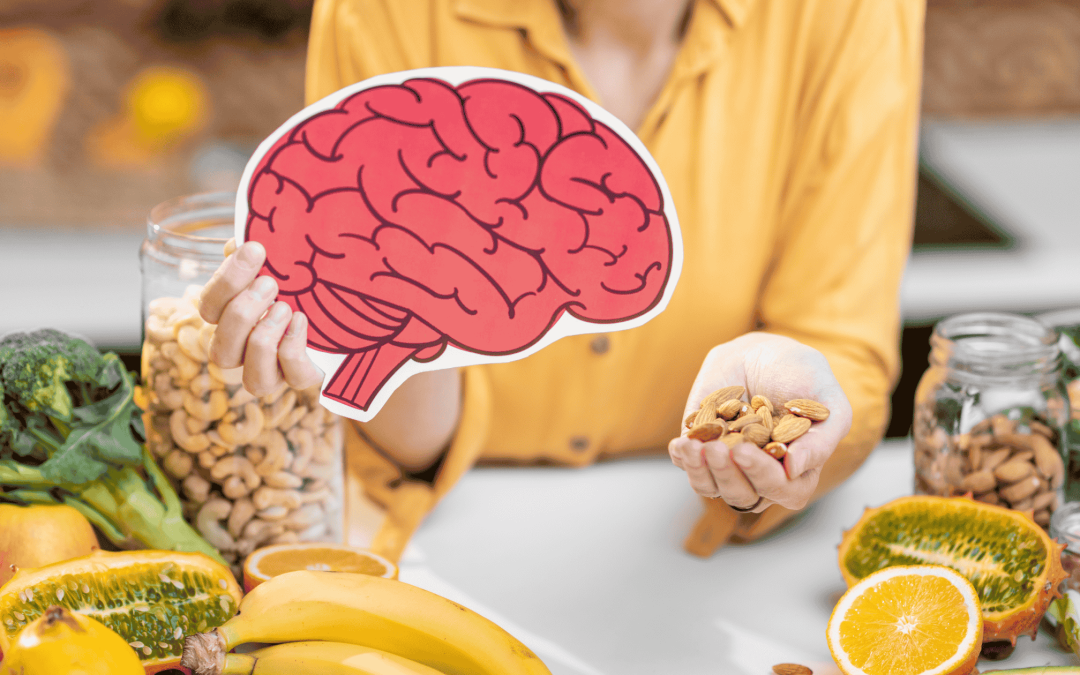Alzheimer’s disease is a progressive neurodegenerative disorder that impacts memory, cognition, and daily functioning. While a cure remains elusive, advancements in integrative health have opened new pathways to slow its progression and even reverse some symptoms. One of the most promising approaches is the Bredesen Protocol, a science-backed, personalised program developed by Dr. Dale Bredesen.
Now widely adopted in Australia through certified functional medicine practitioners, the Bredesen Protocol Australia framework is designed to address the multiple contributors to cognitive decline. It combines nutrition, lifestyle, and medical strategies to improve brain health and target the root causes of Alzheimer’s.
In this article, we focus on the nutritional component of the protocol, along with strategies from the ReCODE protocol (Reversal of Cognitive Decline), which together aim to restore cognitive function through food, fasting, and supplementation.
The Role of Nutrition in Alzheimer’s Prevention and Management
The Bredesen Protocol views Alzheimer’s as a complex condition influenced by inflammation, insulin resistance, nutrient deficiencies, and toxin exposure. Nutrition plays a vital role in mitigating these drivers by:
- Reducing chronic inflammation
- Improving insulin sensitivity
- Delivering neuroprotective nutrients
- Supporting the gut-brain axis
Let’s explore how specific dietary choices support brain performance and contribute to reversing cognitive decline.
Essential Foods for Brain Health
1. Healthy Fats for Brain Fuel
The brain thrives on fat as a primary energy source. Central to the KetoFLEX 12/3 diet, healthy fats support neuronal function and reduce inflammation.
Key examples include:
- Avocados
- Olive oil
- Coconut oil (a source of MCTs used in ketogenic therapy)
- Fatty fish such as wild-caught salmon
- Walnuts, chia seeds, and flaxseeds
2. Antioxidant-Rich Vegetables and Fruits
Plant foods high in antioxidants combat oxidative stress, a major factor in neurodegeneration.
Prioritise:
- Leafy greens like spinach and kale
- Cruciferous vegetables including broccoli and cauliflower
- Colorful berries and root vegetables
- Herbs such as turmeric and rosemary
3. High-Quality Proteins
Neurotransmitter synthesis relies on amino acids from protein.
Choose:
- Plant-based proteins (lentils, quinoa, hemp)
- Organic eggs (rich in choline)
- Grass-fed meats and wild-caught fish in moderation
4. Low-Glycemic, High-Fiber Carbohydrates
Stable blood sugar levels are key in preventing insulin resistance—a known Alzheimer’s risk.
Recommended sources:
- Non-starchy vegetables (e.g., asparagus, mushrooms)
- Legumes
- Limited whole grains like quinoa or steel-cut oats
5. Fermented Foods for Gut-Brain Health
The ReCODE protocol emphasises gut microbiome health, as gut dysbiosis contributes to cognitive decline.
- Sauerkraut and kimchi
- Kefir and plain yogurt
- Kombucha (low in sugar)
Key Supplements for Cognitive Support
Although food remains the foundation, targeted supplementation can enhance the Bredesen Protocol effectiveness:
- Omega-3s (EPA/DHA) – for anti-inflammatory and structural support
- Vitamin D3 + K2 – linked to improved cognition
- Magnesium (L-threonate) – enhances synaptic plasticity
- Curcumin – reduces beta-amyloid plaque buildup
- Probiotics – support the gut-brain axis
- Phosphatidylserine – improves memory and focus
Note: Always consult a healthcare provider before starting supplements, especially when combining with medications.
Meal Planning Tips Based on the KetoFLEX 12/3 Diet
A cornerstone of the protocol, the KetoFLEX 12/3 diet combines ketogenic principles with plant-rich nutrition. It supports intermittent fasting for cognitive health, which encourages autophagy (cellular clean-up) and mitochondrial rejuvenation.
What does KetoFLEX 12/3 mean?
- “Keto” – Emphasis on healthy fats and low-glycemic complex carbs
- “Flex” – Flexitarian approach, primarily plant-based
- “12/3” – 12-hour overnight fasting window, with the last meal at least 3 hours before bedtime
Sample Day:
- Breakfast: Berries with coconut yogurt, green tea
- Lunch: Kale salad with walnuts and fermented vegetables
- Dinner: Stir-fry vegetables with olive oil and a small portion of quinoa
- Snacks (optional): Handful of nuts, herbal tea
Foods to Avoid
- Refined sugars and carbohydrates
- Processed meats and packaged snacks
- Seed oils (canola, soybean, corn)
- Alcohol and artificial sweeteners
These foods promote systemic inflammation and disrupt blood sugar regulation—two key factors in cognitive decline.
Final Thoughts
Through nutrition, lifestyle changes, and the right clinical guidance, Alzheimer’s can be addressed proactively. The Bredesen Protocol and ReCODE protocol provide a structured path to restore cognitive health. In particular, adopting the KetoFLEX 12/3 diet and practicing intermittent fasting for cognitive health can make significant strides in both prevention and treatment.
There is growing clinical evidence and real-world success stories that support the Bredesen Protocol effectiveness, including case studies across Australia where practitioners are helping patients improve memory, function, and quality of life.
If you’re looking to explore dietary strategies for yourself or a loved one, consider working with a certified functional medicine practitioner familiar with the Bredesen Protocol Australia guidelines.
Disclaimer: This blog is intended for informational purposes only and does not replace professional medical advice. Always consult with a healthcare provider before beginning any new treatment or protocol.

